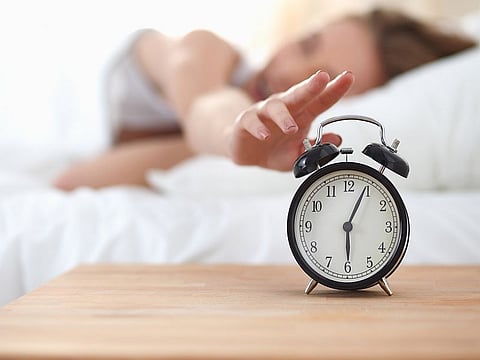WEDNESDAY, Aug. 17, 2016 (HealthDay News) -- It can be hard for college students to get enough sleep, and that can affect their physical and mental well-being, a sleep expert says.
"A bad night's sleep or chronically not getting enough sleep can affect every aspect of our lives," said Dr. Aneesa Das, assistant director of the sleep medicine program at Ohio State University's Wexner Medical Center.
"It can affect how we perform in school, our immunity and our emotions. When we're tired, we're more prone to infections, more likely to get into arguments and less likely to participate in activities we enjoy," she said in a university news release.
One important tip is to keep up with schoolwork so you don't have to pull all-nighters.
"When you are sleep-deprived, you don't think as clearly. Staying up all night to study can backfire and affect performance on exams. If you can't avoid an all-nighter, do it strategically by getting a good night's sleep before and after," Das said.
After you finish evening studies, give yourself 30 minutes to calm down before bed. Keep your room cool, dark and quiet at night. Turn off TVs, computers, tablets and phones, which emit a blue light that disrupts sleep. If your roommate is still working, use eyeshades.
Exercising during the day can help you sleep at night. Don't rely on pills to get to sleep or caffeine to stay awake. Both may mask bigger sleep problems. If you have to nap, do it before 4 p.m. and sleep no more than 30 minutes, Das advised.
Exposure to bright light as soon as you wake up will help you be alert for early morning classes, she said.
More information
The U.S. Centers for Disease Control and Prevention has more on college health and safety.


